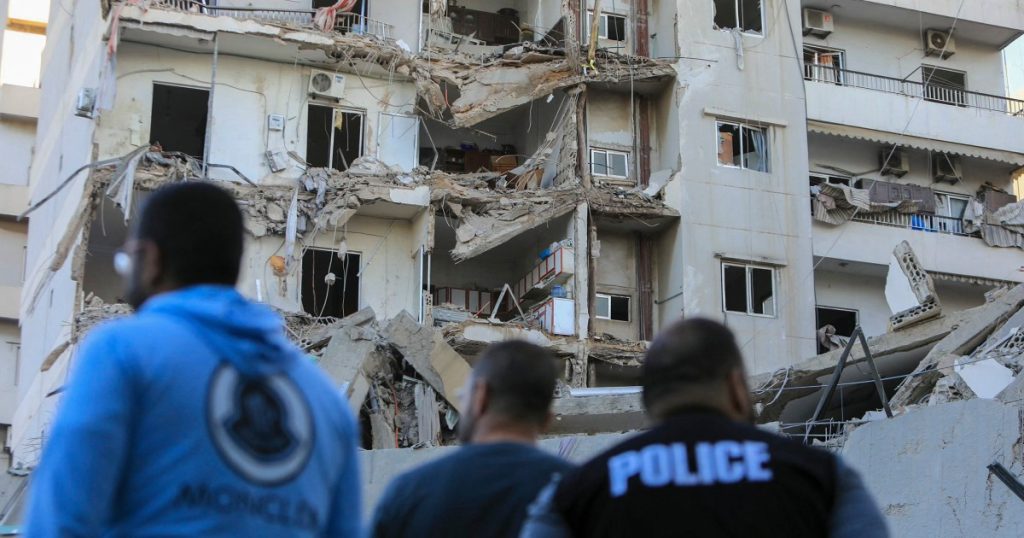United Nations Special Coordinator for Lebanon Jeanine Hennis expressed concern about the “widespread panic” that ensued in Lebanon after evacuation orders were issued. Residents of Beirut, such as Wafaa Ezeldinne, described the chaotic scenes as people rushed to evacuate their homes before intense blasts hit. The panic led to streets being jammed with cars and displaced people fleeing their locations, creating a state of fear and uncertainty across the country.
The evacuation orders stemmed from concerns related to Al-Qard Al-Hassan (AQAH), a bank that has been under U.S. sanctions since 2007 for allegedly being used by Hezbollah to manage financial activities and gain access to the international financial system. The Treasury Department accused Hezbollah of abusing the Lebanese financial sector and draining the country’s financial resources through the bank. Israeli airstrikes targeted multiple branches of AQAH, marking an escalation of the conflict beyond the IDF’s previous focus on Hezbollah’s military sites.
Lebanese Prime Minister Najib Mikati emphasized the need for diplomacy to resolve the ongoing conflict, acknowledging the dire situation in the region. Mikati revealed that he had not had direct contact with Hezbollah for some time, highlighting the challenges in finding a peaceful resolution. Meanwhile, Israeli forces continued their offensive in northern Gaza, targeting militants and dismantling infrastructure and tunnel shafts in various areas. The military’s operations in Gaza are part of a broader effort to address security threats in the region.
The Israeli offensive in northern Gaza resulted in dozens of deaths over the weekend, with local health officials reporting casualties in Beit Lahia and the Jabalia refugee camp. The IDF confirmed that militants had been killed and that troops were actively dismantling militant infrastructure in the area. Operations in Gaza extended to southern and central regions, demonstrating the military’s proactive approach to addressing security concerns and maintaining control over the region.
Ranim Halawani, a resident of Saida and member of the Development for People and Nature Association, shared her experience of evacuating her home following the orders. Despite no attack taking place in Saida, the fear and uncertainty led to widespread evacuation and displacement among residents. Halawani highlighted the psychological toll of living in a conflict zone and the challenges faced by communities in navigating the ongoing crisis.
The conflict between Israel and Hezbollah has resulted in thousands of casualties and displaced over a million people in Lebanon. The IDF’s targeting of AQAH and other strategic locations associated with Hezbollah underscores the escalating tensions in the region and the complex dynamics at play. As the situation continues to unfold, the urgent need for diplomacy and peaceful dialogue remains paramount in finding a sustainable solution to the ongoing crisis in Lebanon and Gaza.


